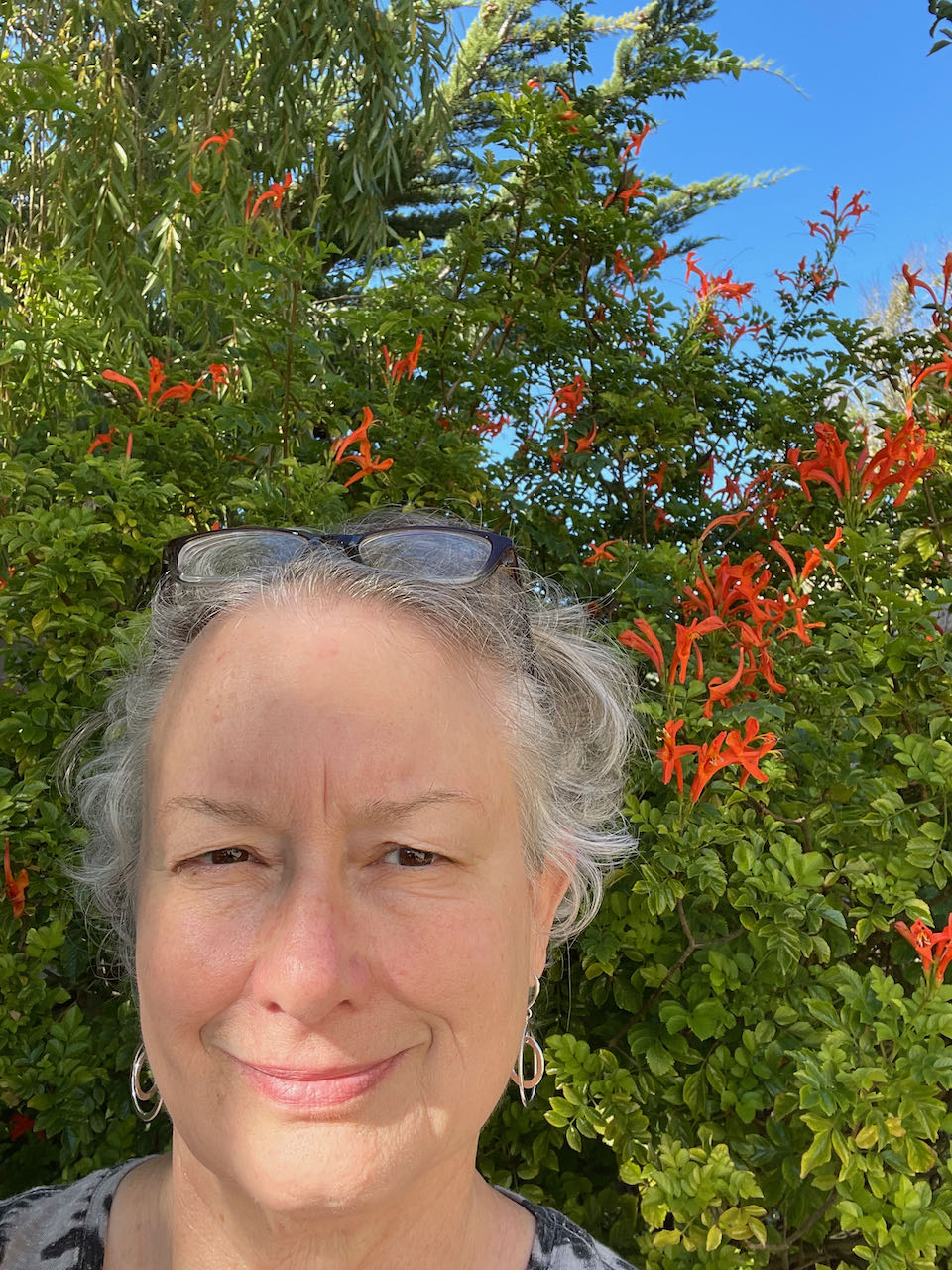This Environmental Science workshop will cover the Advanced Placement* course and the supporting resources in AP Classroom, the structure and grading of the examination, appropriate assignments, labs and texts, and the relationship of these materials to the preparation of students for college-level work. This course is designed to benefit both new and experienced AP* Environmental Science teachers. We will explore instructional strategies and assessments using a variety of texts as well as examine course syllabi, structure, and pacing. We will break down the parts of the May exam and investigate instructional approaches for supporting students’ use of appropriate level vocabulary, logic, math skills and experimental design. We will discuss how to scaffold students’ development of expected science skills, helping prepare students for the tasks found on exams, and how to manage the workload of an AP* course. The recently expanded resources from the College Board will be explored, with ideas on how to make best use of them. Participants will engage in researching, crafting, and sharing new course materials using a variety of distance-learning platforms that will support student learning in situations requiring electronic instruction. We will share activities designed to cultivate the critical thinking skills necessary for student success in the AP* classroom and beyond.
Labs: For this integral part of the course, we will directly experience a number of labs from a variety of sources, including the newly released labs available on the AP* course site
What to Bring: Besides a computer, participants should bring a copy of the text they will use in their AP* class to them as they work to develop lesson plans and units aligned to the curriculum requirements (if known). Having a copy of your 2023-24 school calendar also helps in the planning of your units.
Goals
• To identify and apply the standards of the AP* Environmental Science Exam to classroom practices
• To explore and develop effective and engaging AP* Environmental Science units, lessons, and syllabi
• To expand participants’ “toolboxes” with successful instructional strategies
• To explore course resources
• To network with colleagues and learn from each other
• To return to classrooms with ready-to-use instructional activities and labs
Day 1: Course Content and Pacing
- CED overview
- Equity in your program
- The science practices
- Allelopathy lab design
- First week activities
- Pacing guide structure
- FRQ #2 – structure and scoring
Day 2: Text Resources and Human Concerns
- Text resources
- Long term lab set up
- What should be graded?
- AP* progress checks
- Population resources
- FRQ #1 – structure and scoring
Day 3: Lab Resources
- Lab resources and equipment
- Labs for all units
- The new AP* labs
- Field work
- How not to teach topics you don’t want to but still get the content to students
- Revisit pacing guide
- Labs with complex set up
- The multiple-choice exam
- AP* Classroom test generator and report resources
- Managing the ‘teaching’ of FRQ’d
Day 4: AP Communities and Review Strategies
- Urban planning activity
- Review strategies
- Energy stations
- Audit guidelines
- Share-a-thon
- Citizen science
Susan graduated with a degree in Ecology and Systematics from San Francisco State and pursued graduate work in limnology at Uppsala University, Sweden. This was interrupted when she accidentally fell into teaching and joyfully stayed, working in private and public high schools in Northern California and Utah. She completed her Master’s degree in Science Education from Montana State University where her studies focused on the role of student affect in science course success. Susan Berrend is the Science Chair at Pacific Bay Christian School in Pacifica, California. She has been involved with the AP* Environmental Science exams since 2000 as reader, table and question leader and has had the honor of being a consultant in Environmental Science since 2005. Believing in teaching as an ever-developing craft, Susan has recently incorporated her students' service-learning projects into the AP with WE Service program, as well participating in local programs that support student agency in environmental justice issues. She stays busy dabbling in calligraphy, backpacking, gardening and being a fantastic dog aunt.

